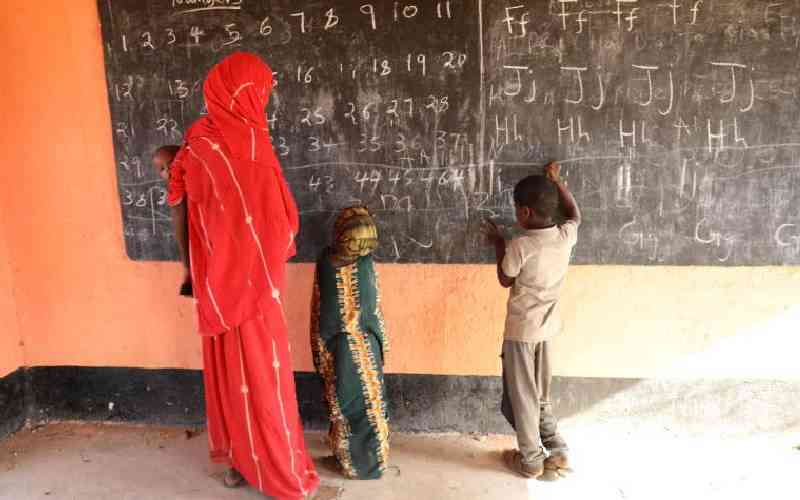×
The Standard e-Paper
Join Thousands Daily

It is a Tuesday morning but the classroom is locked with a padlock. Young boys herding livestock stop by and take shelter from the scorching as they play with marbles on the verandah.
An elderly man clothed in a 'shuka' comes by and unlocks the door to one of the classrooms.